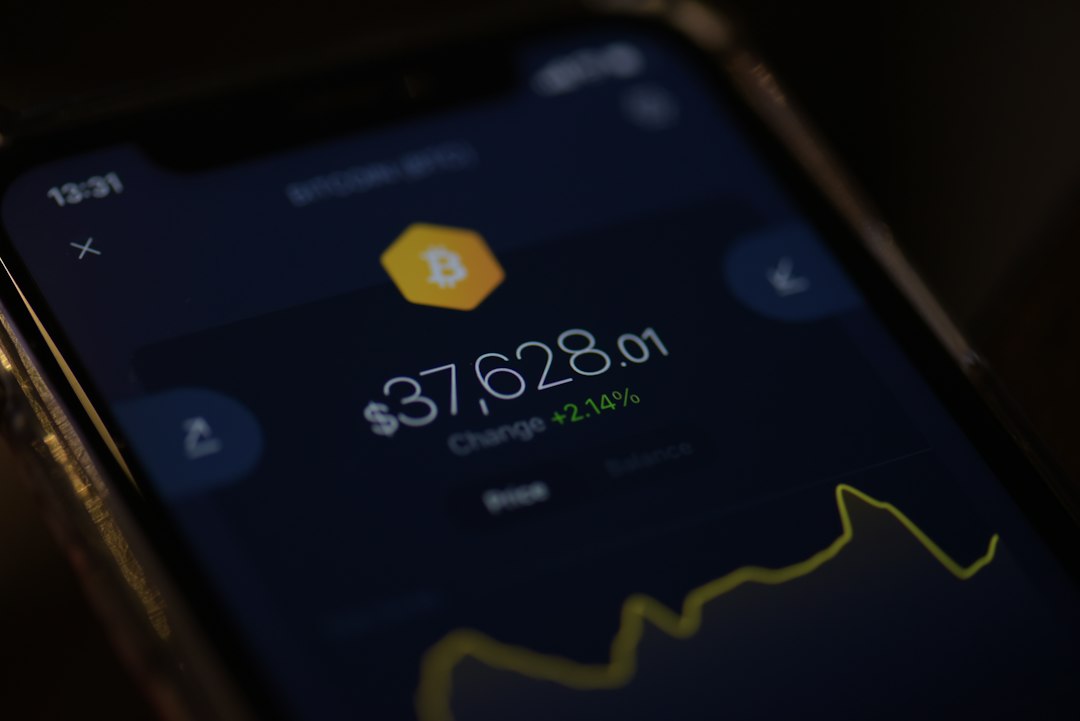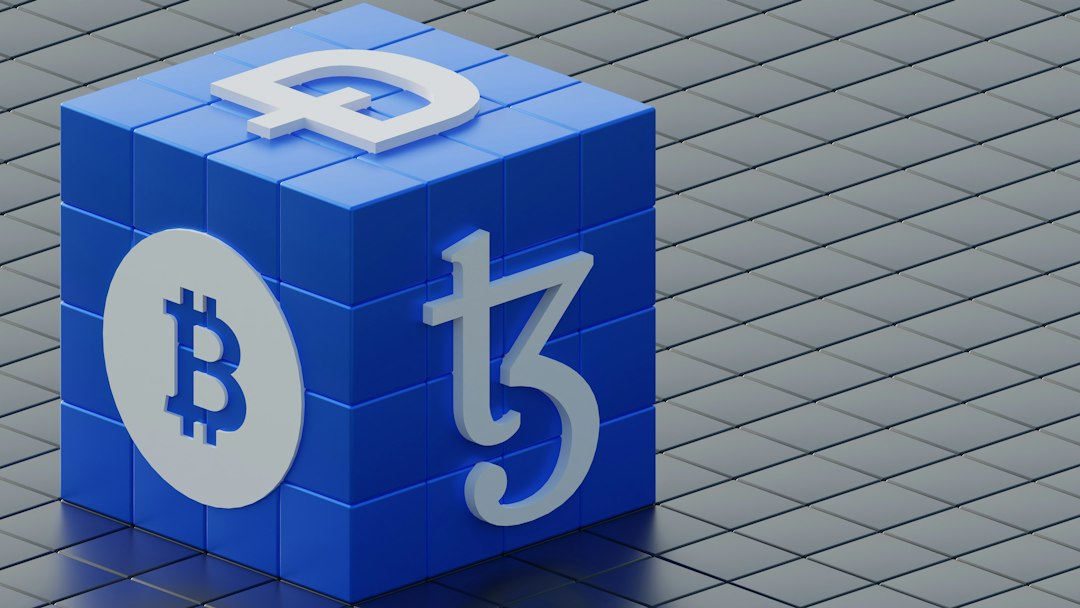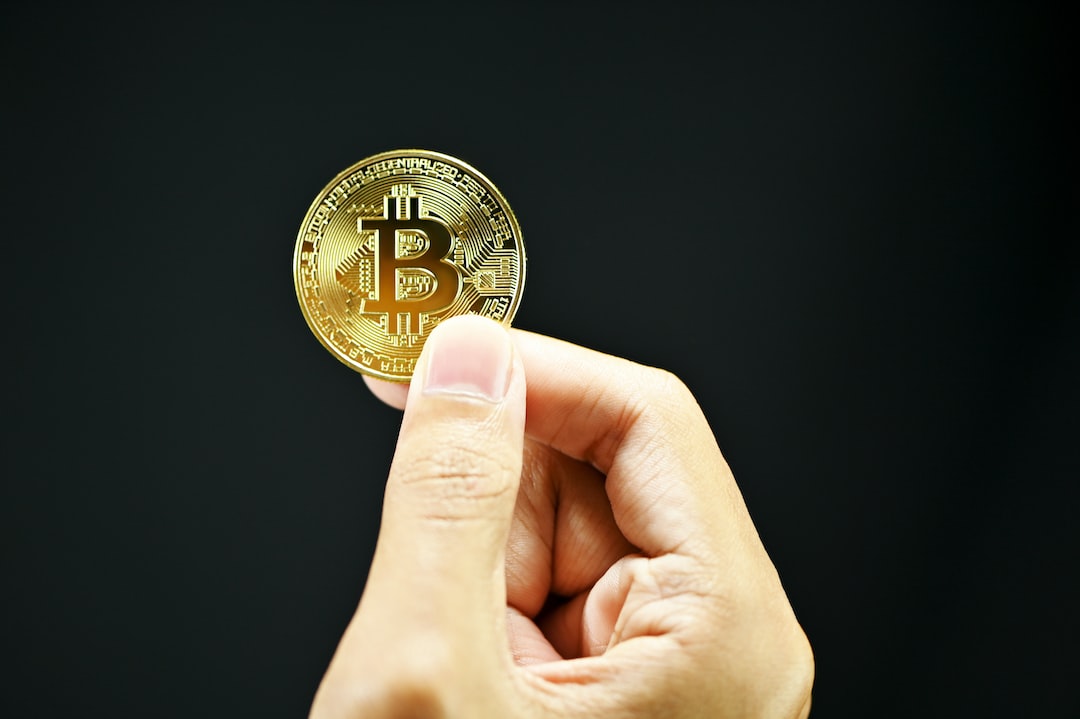The Emergence of Islamic Fintech in the Crypto Industry
Islamic fintech companies are addressing financial exclusion among Muslim communities by combining ethics with cutting-edge technology. With approximately 1.7 billion unbanked individuals globally, including a significant portion who are Muslim, these companies aim to empower these communities through Shariah-compliant financial solutions.
Reconciling Shariah Law and Crypto
Traditional banking practices, such as collecting interest and speculating on ambiguity, are considered ethically unacceptable in Shariah law. However, investments in intangible assets like cryptocurrencies are permitted if they provide real economic value. Islamic finance emphasizes profit-and-loss sharing agreements rather than interest-based transactions.
Factors Contributing to Financial Exclusion of Muslim Communities
- Limited access to conventional and Islamic banking services
- Low levels of financial education
- Lack of trust towards financial institutions
- Economic instability in certain regions
- Limited access to technology and digital financial services
The Role of Islamic Fintech in Inclusivity
Islamic banking services offer inclusive solutions that adhere to Shariah principles. Institutions like the Islamic Development Bank (IDB) invest in inclusive and sustainable development projects, digitalization, and modernization of businesses. Muslim fintech startups, such as Yoosr, promote ethical financial products based on Islamic law, benefiting both Muslim and non-Muslim clients.
The Potential of Shariah-Compliant Blockchain Startups
Blockchain startups integrating Shariah ethics have the potential to attract underbanked Muslim communities and leverage the benefits of blockchain technology. These startups aim to prevent scams and unethical practices, making the crypto industry safer and encouraging wider adoption of web3 initiatives. The use of blockchain technology enables fast, reliable, and low-fee cross-border transactions for Muslims worldwide.
The Haqq Blockchain and Empowering the Muslim Community
The Haqq blockchain, powered by the Shariah-compliant digital asset Islamic Coin, exemplifies the combination of morals and technology in a single product. The Haqq network is dedicated to charity and economic empowerment of Muslim communities, with 10% of each token issuance invested in Islamic ventures or donated to charitable causes.
Conclusion: The Future of Muslim Fintech
Islamic fintech has the potential to become a crucial part of the financial industry, providing an alternative approach to blockchain development. The primary beneficiaries are the global Muslim community, gaining access to the world financial markets and overcoming traditional financial exclusion. The growth of Shariah-compliant fintech deserves attention and recognition.
Hot Take: Islamic fintech presents an opportunity to bridge the gap between technology and religion, bringing financial empowerment to underbanked Muslim communities while upholding ethical principles.





 By
By
 By
By



 By
By